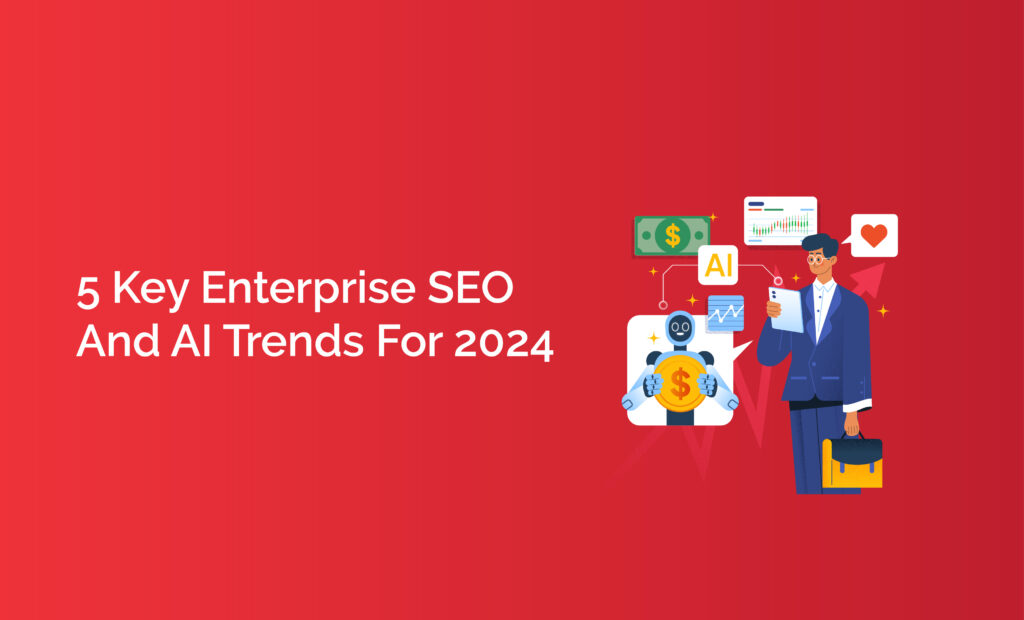Stay ahead of the curve with the latest 2024 Enterprise SEO trends. Learn how to adjust your marketing strategies and gear up for future triumphs. SEO has undergone rapid transformations and disruptions in a short span.
Enterprise SEO has witnessed significant shifts over the past year, adapting to evolving consumer needs, integrating AI into search engines, and embracing new generative AI SEO and content tools, compelling organizations to adjust and enhance their marketing tactics.
In this piece, I’ll explore five pivotal enterprise SEO trends for 2024, offering insights to help you stay abreast of changes and prepare for future successes accordingly.
What Is Enterprise SEO?
Enterprise SEO typically involves implementing SEO strategies within large-scale organizations. It mainly caters to prominent brands with multifaceted departments and intricate infrastructures, often encompassing extensive websites offering diverse products and services.
A notable difference between standard SEO and enterprise SEO lies in managing stakeholder workflows, strategic planning, and ensuring alignment with an organization’s broader, often multifarious objectives.
1. Grasping Market Shifts and Ever-Evolving Consumer Preferences
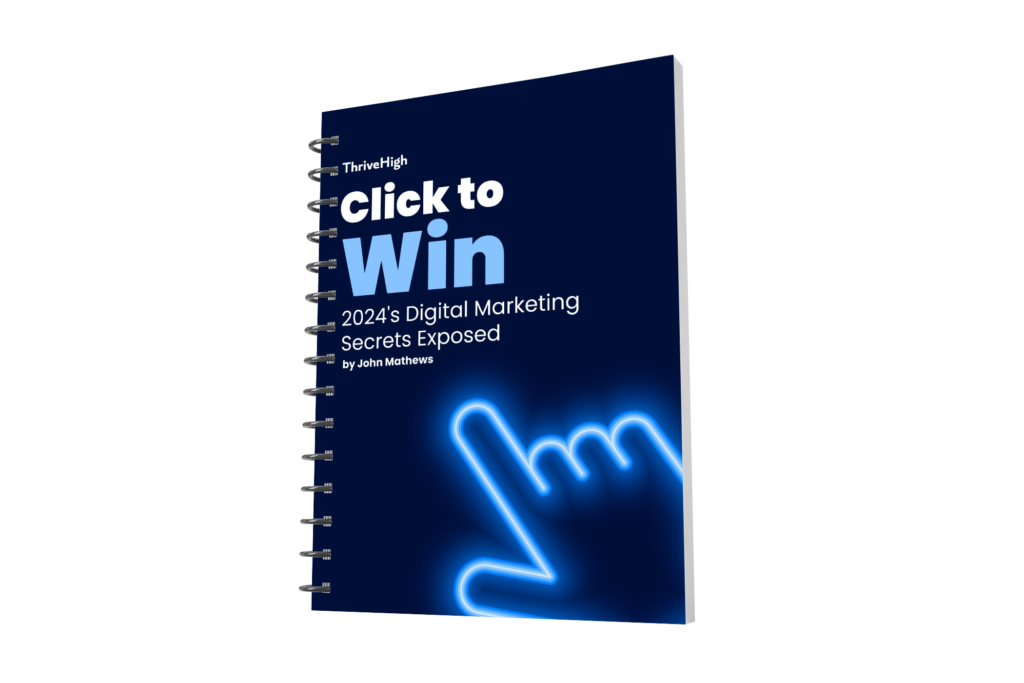
SEO operates in such a dynamic and intensive realm that, for many, it entails a focused, task-oriented approach. Nonetheless, especially concerning enterprise SEO and large-scale projects, it’s vital to pause and maintain an awareness of broader trends.
For experts in enterprise SEO, staying updated on the latest trends and shifts in consumer behavior is crucial, particularly during economic fluctuations. These changes significantly influence how businesses align their overarching SEO and content strategies with their business goals.
Effective utilization of data analytics is imperative to comprehend target audiences and discern changes. Given that enterprise SEO involves multiple stakeholders, insights should inform organizational strategies to craft more comprehensive, personalized experiences rather than merely channel-agnostic ones.
These initiatives can vary from tailored marketing communications acting as lead magnets to customized product content and campaigns.
2. Leveraging Generative AI in SEO and Content: Balancing Risk and Reward
According to Bloomberg Intelligence, generative AI is projected to reach a value of $1.3 trillion by 2032. Moreover, Gartner’s research highlights that SEO and content marketing are among the areas experiencing the most significant increase in investment.
While the numbers may fluctuate depending on the source, the market is inundated with over 2,000 generative content AI tools. It’s not uncommon to hear about a new tool emerging in the news every week!
For enterprise SEO professionals aiming to enhance content productivity and performance, the challenge lies in assessing the risk versus the potential reward of utilizing these tools.
Risk: Some generative content tools prioritize speed over quality, posing challenges for consumers and search engines and diminishing the likelihood of your brand’s visibility amid a flood of low-quality content.
Furthermore, this trend has prompted governmental and organizational institutions to establish ethical guidelines and standards concerning the use, regulation, and governance of AI and content creation.
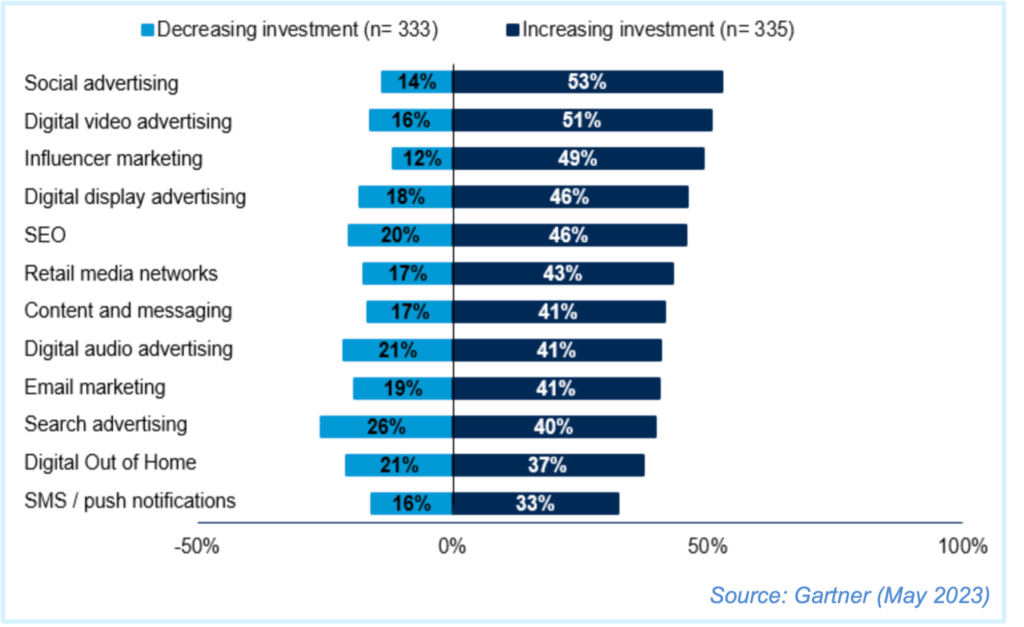
Enterprise SEO And AI Trends
3. Preparing for Search Generative Experiences: Optimizing Your Content and Brand
The shift towards Search Generative Experiences (SGE) represents a significant evolution in the history of search engines – a transformative change set to impact all industries, touching every company and marketer globally.
SGE embodies a paradigm shift in SEO, transcending traditional keyword-focused approaches to embrace the capabilities of generative AI. With AI emerging as a crucial “mediator” between a company’s content and its audience, a single search query can now yield results that previously required multiple searches.
Consider retail shopping, for instance: AI will begin recommending comprehensive shopping experiences that encompass various channels, sources, and media formats.
For consumers, this translates to deeper and more interactive experiences, leading to increased engagement and time spent on Google.
Having closely monitored this trend at BrightEdge, I’ve observed experiments in pivotal areas that merit attention!
To aid SEJ readers and the wider community, you can access, free of charge (ungated), the data underpinning these insights along with a step-by-step guide in understanding the Ultimate Guide to SGE.

Enterprise SEO And AI Trends
4. Understanding and Adapting to New Search Behaviors: Leveraging Data and Conversational Intent
Utilizing data to comprehend user behavior and the underlying intent in conversations is paramount for achieving SEO success in both conventional and AI-driven search environments.
Search is evolving into a conversational realm, necessitating marketers to prioritize user intent and elevate their understanding of their audience beyond basic keyword optimization to encompass conversational intent and longer phrases.
For users, this translates to more engaging and immersive experiences, resulting in prolonged engagement on Google and streamlined searches that efficiently direct them to websites tailored to their specific needs.
For marketers, managing their search presence becomes more intricate yet more rewarding. Expect a reduction in traffic volume but an increase in quality. Identifying pivotal searches that trigger various types of results becomes imperative.
Clicks attain higher value due to improved conversion rates, as consumers are more inclined to take action following informed interactions and insights from Google.
Marketers must ensure their content strategy not only addresses the specific query but also considers the broader context in which the query arises, facilitating targeted and impactful engagement with users.
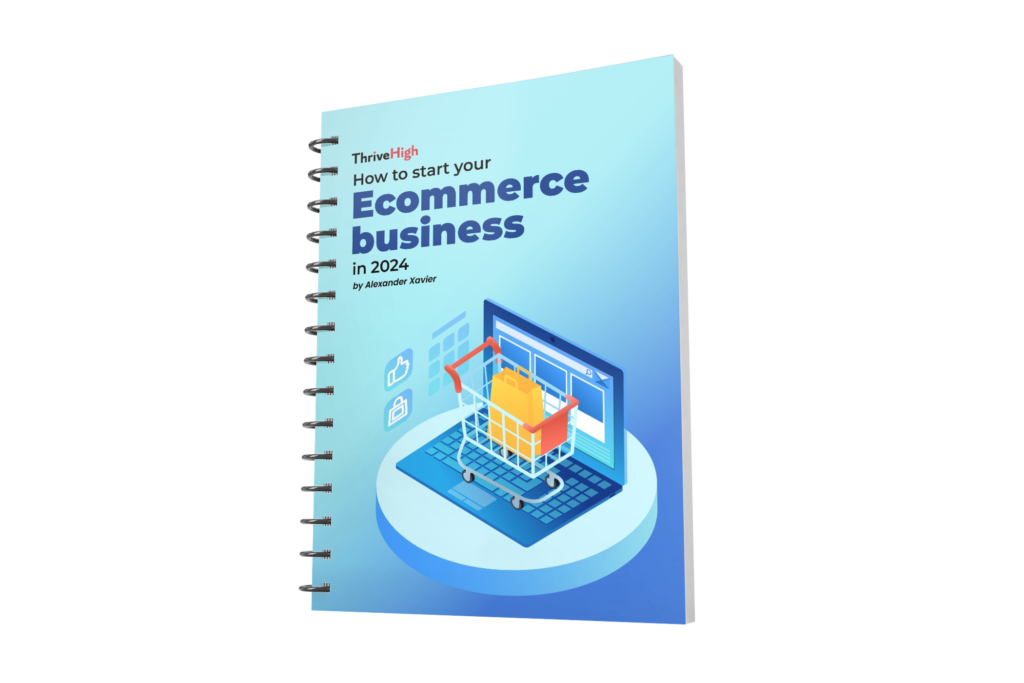
Nevertheless, the fundamental principles of technical and website SEO remain unchanged, gaining prominence as marketers focus on optimizing their sites for higher-value traffic and clicks. Optimize content assets for conversion with clear calls-to-action (CTAs).
5. Managing Omnichannel Marketing: Coordinating SEO and Multiple Marketing Disciplines
SEO has transitioned from operating as an isolated channel, and enterprises must now adapt to closer collaboration driven by consumer expectations and search engine requirements.
Given that SERPs and AI-generated SGE results incorporate diverse media formats such as social media, reviews, and news sources, content marketers must forge stronger ties with SEO, digital branding, design, social media, and PR teams.
Consumers no longer engage with media in isolation, necessitating marketers to integrate SEO and digital marketing efforts seamlessly. In 2024, merely managing PPC and SEO campaigns with a sprinkle of social media won’t suffice. Click here for further information
Consequently, the dynamics between people, processes, and technology need to evolve. Ensure alignment among teams and streamline workflows across:
Design – encompassing images and video.
Branding and PR – focusing on messaging and company reputation.
Content – spanning text, design, and social media.
SEO – involving PPC and website teams.
Customer Service teams – crucial for managing reviews.
Sales teams – offering insights on down-funnel CTAs on your site.
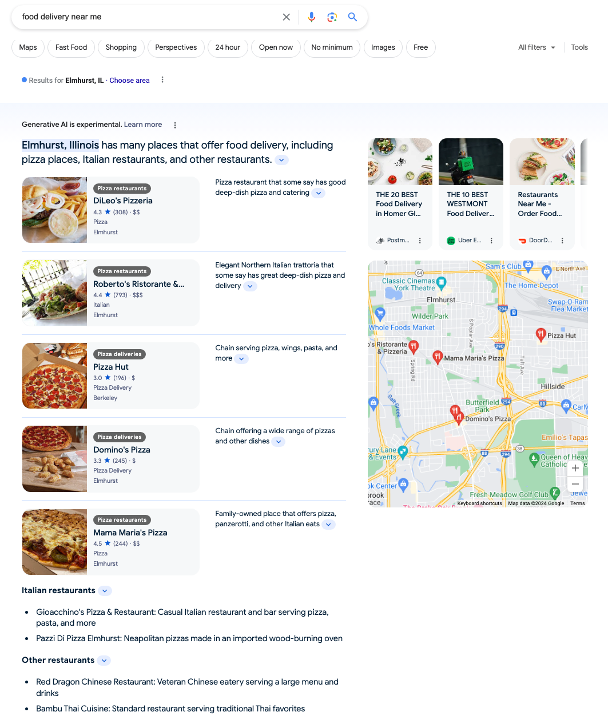
Enterprise SEO And AI Trends
Key Takeaways for Enterprise SEO Success in 2024
The landscape of SEO is ever-evolving, with tomorrow’s SEO differing from today’s, and March’s search being distinct from the future.
Change remains a constant in our industry. History has taught us that those who stay abreast of trends and adapt swiftly not only survive but thrive. As SEO progresses alongside AI, maintaining a keen focus on monitoring consumer behavior is essential.
While many core principles of SEO endure, readiness to facilitate organizational agility is crucial for securing success in enterprise SEO and AI in 2024.
Go From Beginner to Expert in
Just 8 Months!
With Purdue PG Digital Marketing Program
Ultimately, in 2024, regardless of the source of search, brands that offer consumers the best experience post-click emerge as the winners.

